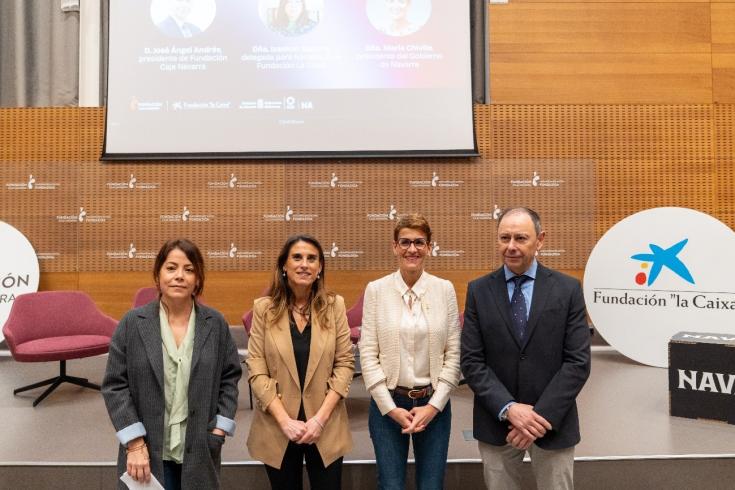Navarre's path towards the Impact Economy’

Navarre’s Push Toward an Impact Economy: Key Highlights and Commitments
On April 8, a conference titled “Navarre's path towards the Impact Economy”, jointly organized by Fundación Caja Navarra, Fundación ‘la Caixa’, and the Government of Navarre, brought together national leaders in social innovation. Around 150 attendees joined to explore how the Impact Economy can drive both social and environmental transformation through collaboration and measurable outcomes.
Core Vision and Objectives
The organizing entities proposed three central commitments:
-
Build a learning community based on the Sustainable Development Goals (SDGs) and the ESG (Environmental, Social, Governance) framework.
-
Mobilize public and private resources to finance impactful, socially oriented projects.
-
Generate and transfer knowledge through systems that ensure rigorous impact measurement.
This model promotes not only economic profitability but also ethical governance and sustainability, aiming to involve both public and private actors in inclusive, transformative initiatives.
Public Administration’s Role
A key roundtable titled “Public Entities in the New Paradigm of the Impact Economy”, moderated by Iñaki Mendióroz, highlighted:
-
Urgent decarbonization and the demographic challenge, including the inclusion of migrants and gender diversity in the industry.
-
Presentation of Spain’s first social impact contract, “Málaga No Caduca”, which fights food insecurity by uniting NGOs, public agencies, and the HORECA sector to reuse surplus food and reduce waste while serving 50,000 people in need.
This project represents a collaborative, interdisciplinary model for improving public policy.
Financing and Patient Investment
Another discussion tackled impact financing, defending “patient investment”—an approach that prioritizes long-term outcomes over quick financial returns.
Key messages included:
-
Importance of transparent, ethical banking and data-backed impact indicators.
-
Role of institutions like Cofides and the Social Impact Fund (FIS) in blending public and private funding.
-
Emphasis on long-term strategies to assess the true impact of initiatives.
Impact Investors’ Expectations
A following panel delved into what impact investors seek in social economy projects:
-
Clear mission-driven leadership with the potential for scalable growth.
-
Professionalism and technical assistance to help social enterprises evolve.
-
Focus on systemic, collective initiatives that assist vulnerable populations.
-
Commitment to integral profitability—social, economic, and environmental.
Investors are not looking for perfection, but for projects that demonstrate potential and openness to improvement.
A Thriving Ecosystem, but with Challenges
The final forum discussed the broader ecosystem of the impact economy—associations, intermediaries, accelerators, and social entrepreneurs.
-
Diversity enriches the ecosystem but requires better coordination and communication.
-
Governments must adapt policies to support hybrid financing and flexible frameworks.
-
Encouraged development of inclusive financial structures to address complex social issues.
The discussion emphasized forming a stable, mutual learning environment to foster collaboration.
Closing Reflections and Future Outlook
In closing, Javier Fernández Valdivielso, Director General of Fundación Caja Navarra, urged for a collective, humanistic approach to innovation. He called for cross-sector collaboration based on empathy, ethics, and creativity, emphasizing that unidirectional solutions no longer suffice in an increasingly complex world.
He reinforced the three final commitments:
-
Create a plural and dynamic learning community rooted in SDGs and ESG values.
-
Activate funding mechanisms—both public and private—for socially impactful projects.
-
Promote knowledge exchange with strict impact evaluation systems.
These pillars aim to institutionalize social innovation in Navarre and establish it as a benchmark region for impact-driven development.